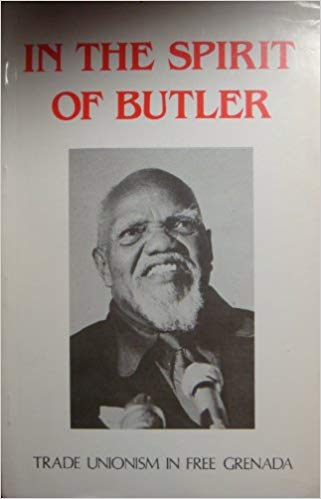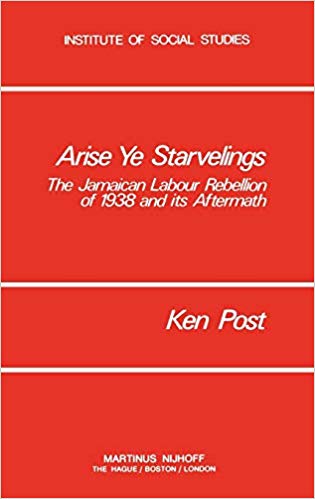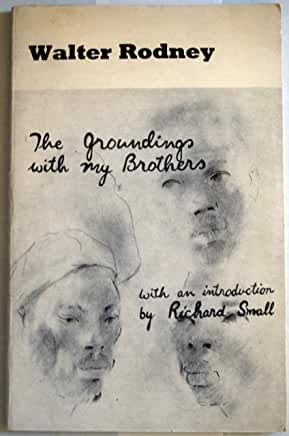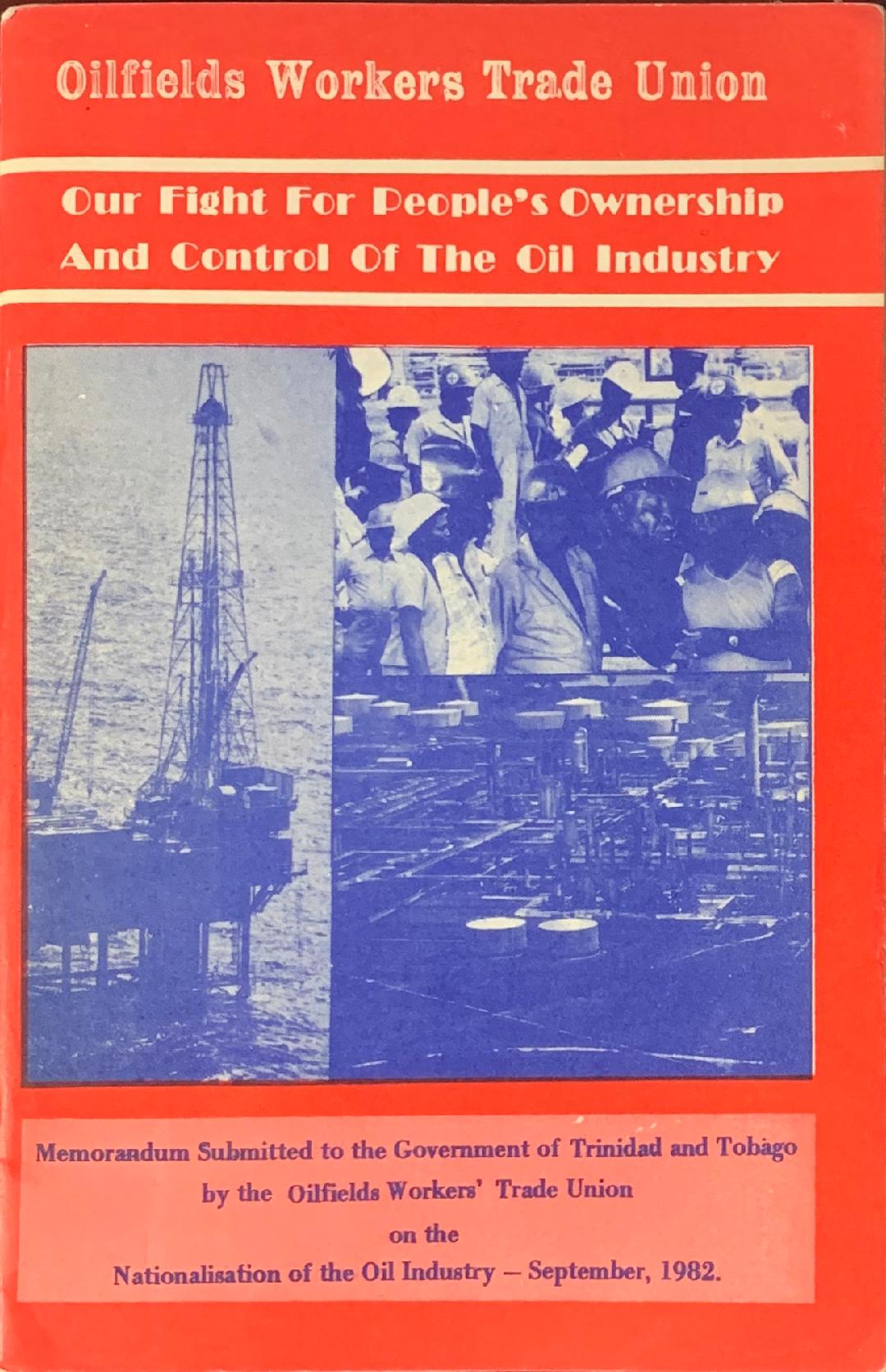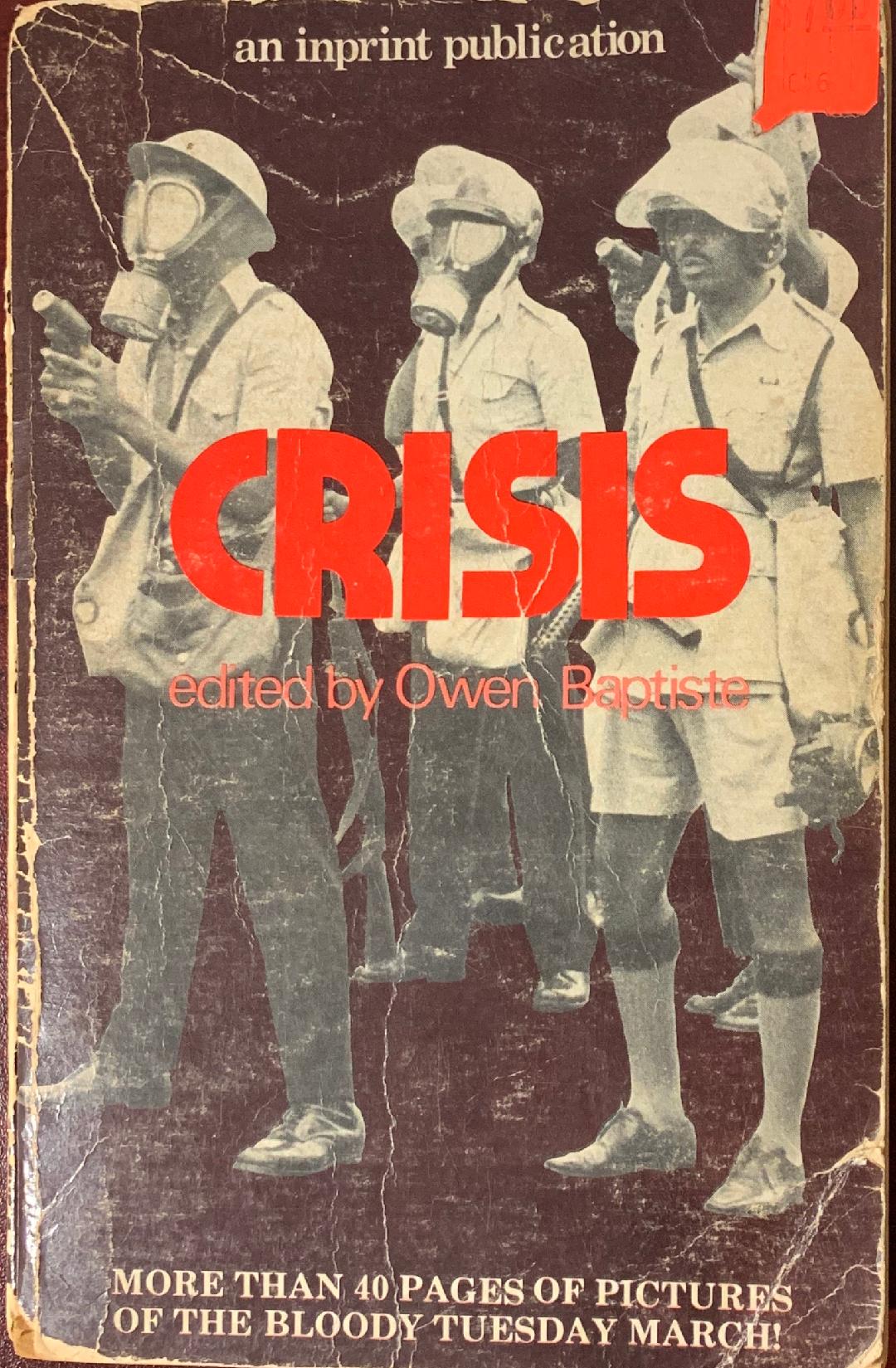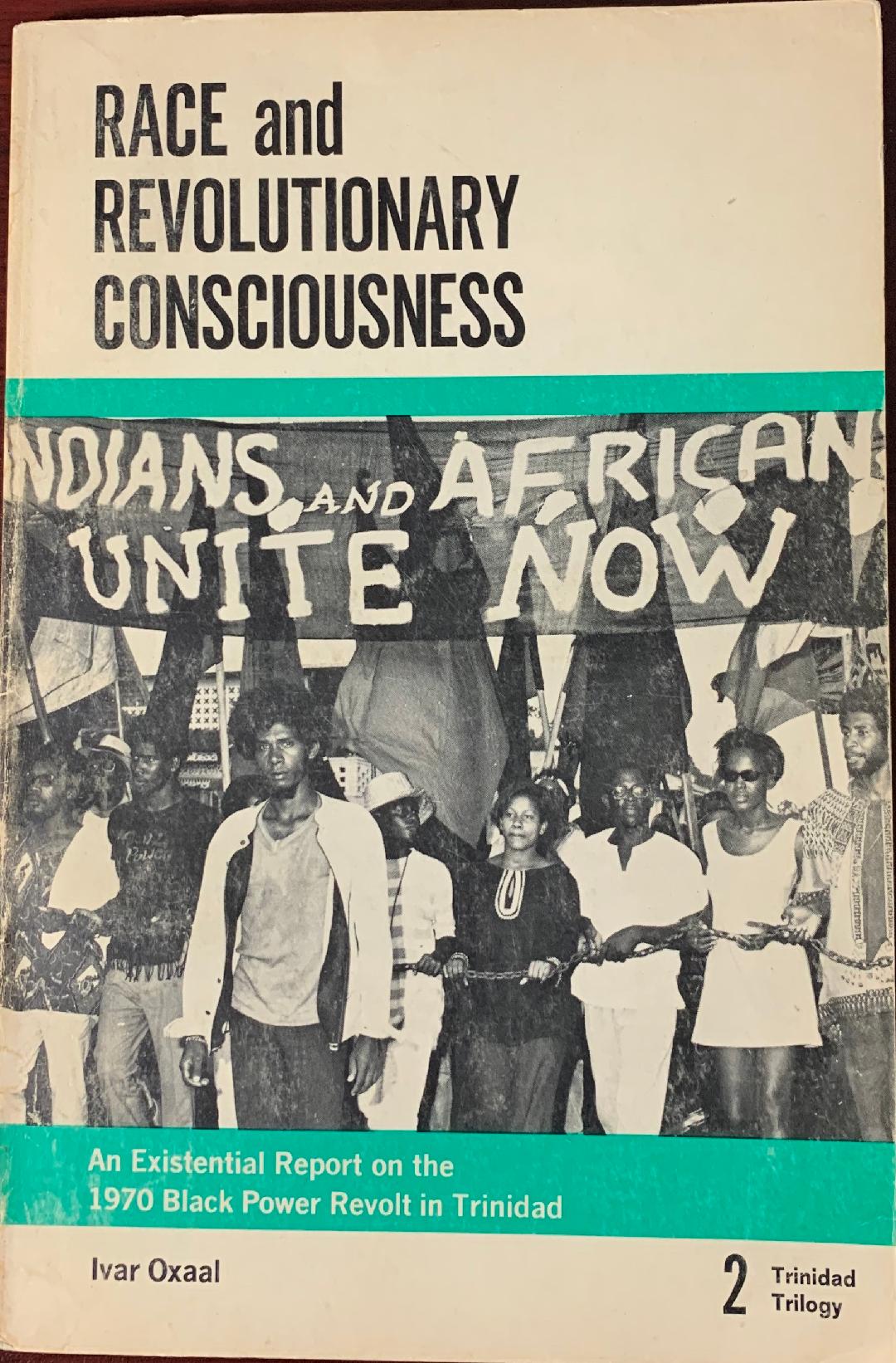|
Getting your Trinity Audio player ready...
|
Reading Time 2 mins
February 20, 2020
Feb 20th, 2020 marks the 43rd anniversary of the passing of Grenadian born Tubal Uriah Butler, central to the founding of the Oilfields Workers’ Trade Union and leader of the 1937 workers uprising in Trinidad and Tobago.
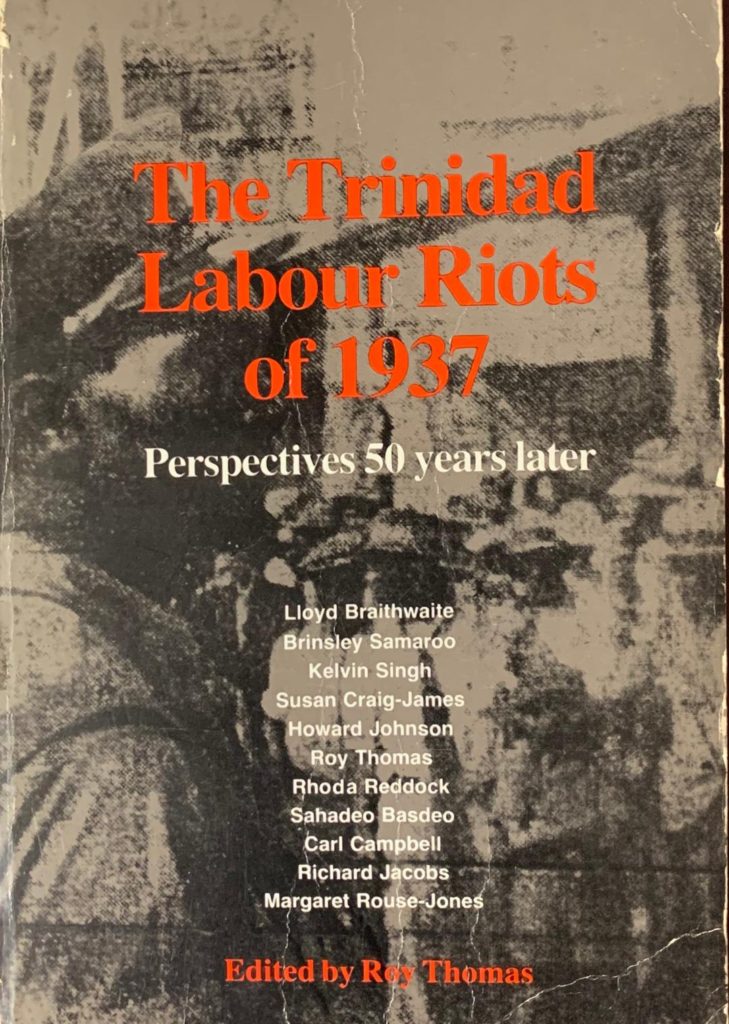
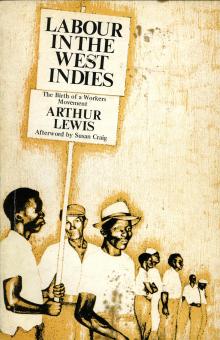
Feb (26th) 2020 also marks the 50th anniversary of the 1970 ‘Black Power’ uprising in T&T. 2020 also happens to be a national elections year in T&T.
So, especially for T&T, it is entirely appropriate to reflect on where it all came from, where things are, and are headed. A direct continuum connects 1937, Independence in 1962, the 1970 uprising and today’s search over the direction of the country. Contending visions were and continue to be at play, while at the same time affecting or infecting each other.
There would have been no Independence in T&T in 1962, without TUB and 1937. This is true, even while the contending visions of both periods clashed on the streets of T&T in 1970. While it was the British that jailed Butler (first from 1937 to 1939 and again with the onset of World War 11 in 1939 to 1945) as a threat to the British crown and its control of T&T and much of the wider Caribbean, it was the Eric Williams PNM government which had wrestled/inherited formal power from the British, that itself became the jailer in 1970, while those true to Butler’s vision became the detainees.
Not coincidentally, 1970 also saw T&T’s highest national award at the time, the Trinity Cross, being awarded to ‘Chief Servant’ Butler by the same government. It must also be said that the 1937 and 1970 uprisings were by no means exclusive to T&T. Both periods saw massive social explosion throughout the Caribbean and globally.
Rather, they very much represented T&T’s version and contribution to an historic challenge and struggle facing the Caribbean region and oppressed peoples globally then as now – shaping their own societies out from under social orders marked by intense exploitation and oppression of the majority of their peoples.
But, shaped in whose interests? Those of the working people or, of those that benefit from their labour? Slavery, Colonialism, Neo-colonialism and modern-day Neo-liberalism all bear the same imprimatur described above.
Butler’s cry: ‘Let those who labour hold the reins of power’ rings out as a clarion call, still as fresh and as relevant today as it was in 1937.
Even to this day, as we operate under the current variant of order and power – plagued by wholescale inequality – we must measure where we are up against the mirror and vision of 1937, of Butler and of the 1970 uprising. Held up to that mirror, that vision – the job remains unfinished.
////////////////\\\\\\\\\\\\\\\\\\////////////////\\\\\\\\\\\\\\\\\\////////////////\\\\\\\\\\\\\\\\\\////////////////\\\\\\\

Roger Toussaint, former President of the Transport Workers Union, Local 100, who led the 2005 NYC Transit Strike, is a founding member of the Caribbean Awareness Committee, NYC.

